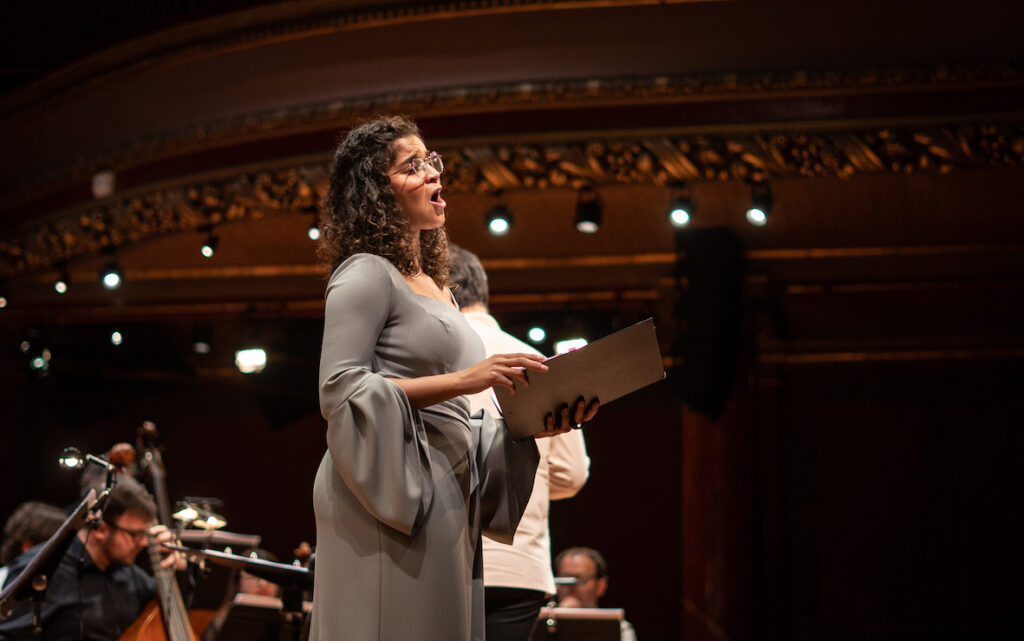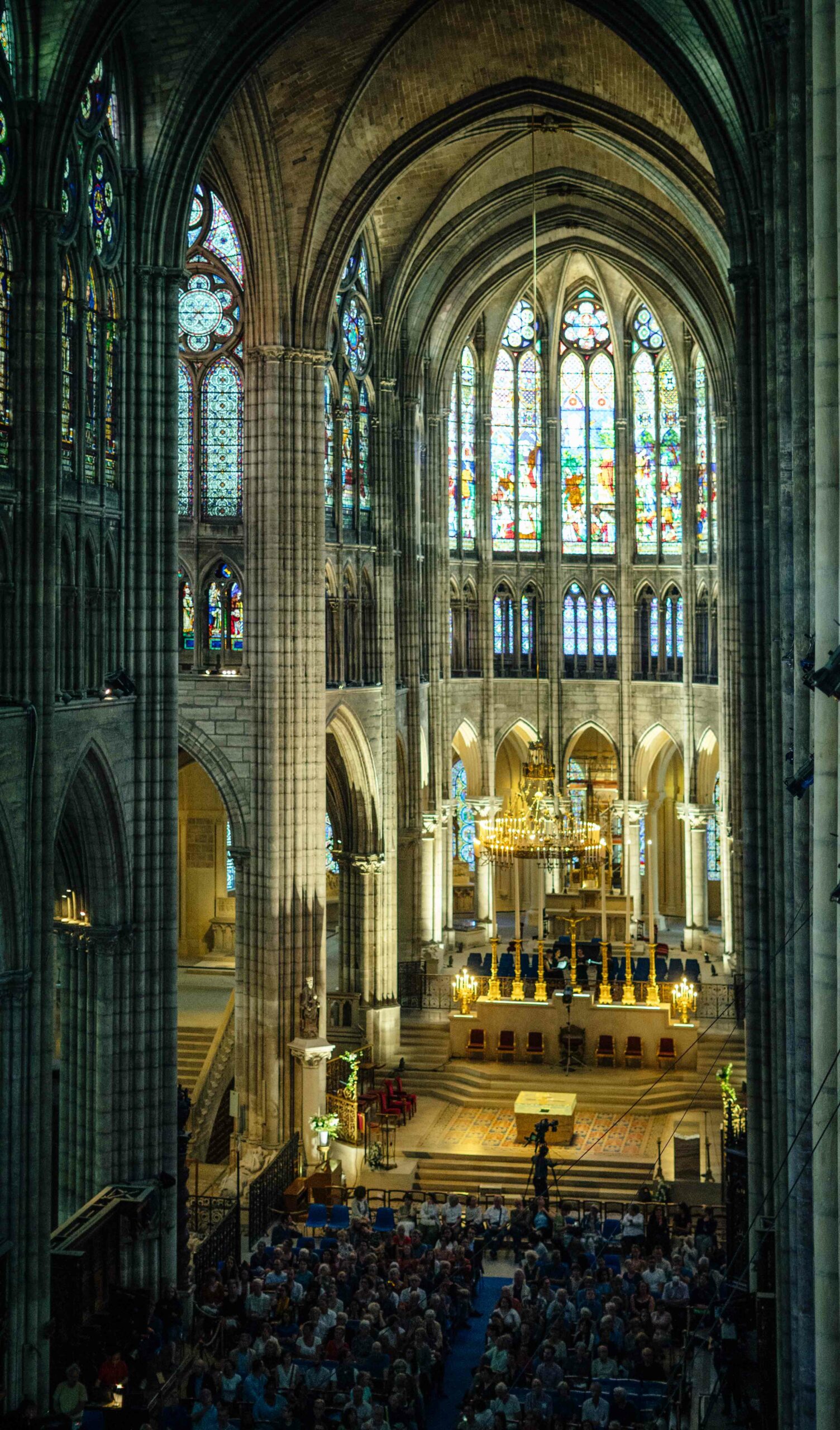


Leonardo García Alarcón delivers his first large-scale composition, an oratorio inspired by the Gospel of Judas, a third-century papyrus discovered in Egypt in the 1970s. This Gospel, dismissed in the early days of the Church, redeems Judas’ character and portrays him as Jesus’ favourite apostle. He does not betray his friend out of self-interest, but to free Christ from his physical body.
Leonardo García Alarcón adopts this novel perspective in a genre that has spanned the history of music and creates a work that combines his inspirations, from Bach to the music of his native Argentina. He has teamed up with Marco Sabbatini, a playwright and lecturer at the University of Geneva, to adapt this Gospel and create a libretto that gives the female characters a central role.
La Passione di Gesù
overo Il Vangelo di Giuda
Music: Leonardo García Alarcón
Libretto: Marco Sabbatini
Performance running time: approx. 2 hours and 30 minutes with intermission
Andreas Wolf, bass – Gesù
Mariana Flores, soprano – Miriam di Màgdala (Maria Maddalena)
Ana Quintans, soprano / Sophie Junker, soprano (festival de Saint-Denis & Namur 2023) – Maria
Julie Roset, soprano / Elisaveta Sveshnikova, soprano (Namur 2023) – L’Angelo
Valerio Contaldo, tenor – Yehudah (Giuda)
Victor Sicard, bass baritone – Pietro
Leonardo García Alarcón, direction
Cappella Mediterranea
Chœur en corps, CRR93, under the direction ofMarie Joubinaux
Chœur de Chambre de Namur
“I have long wanted to compose a piece that combines all my knowledge of Renaissance and Baroque counterpoint, not only as a conductor and performer, but also as an improviser and composer. Producing this composition today, in contemporary language, all while drawing upon sources that span from the Passion scores of 1530 to present day, proved to be a great challenge. I decided to take it on anyways, as I was surrounded by great musicians who never fail to spark my imagination.
I decided to call this work La Passione di Gesù.I entrusted the libretto to Marco Sabbatini. It is based on the apocryphal Gospel of Judas that is conserved at the Fondation Martin Bodmer in Geneva. I was moved by this Gospel the very first time I read it because of how it approaches the figure of Judas, and the pivotal role he played in the life of Jesus and the fulfilment of the Word. I also wanted to evoke Jesus’ relationship with Mary Magdalene and her position not only as a woman, but as a disciple among all the others. Finally, I wanted to show the Virgin Mary in all her strength during the Passion of her son and portray her as a figure who directs and guides others.
With Cappella Mediterranea, I have brought together artists who excel at their instruments and can provide the depth necessary for the voices in this Passion. This is also why I decided to mix and combine ancient instruments with modern ones. I wanted to work with anachronistic material and timbres to create a world of sound that I could already imagine but sought to hear and experience for the first time in my life.
Through my composition, I would like to create a fresco of human emotions that echoes the sacred music we have heard from the Renaissance to present day, but in a language that is wholly my own. It was a dream of mine to be able to share it with such exceptional singers and musicians, and my ensembles Cappella Mediterranea and the Chœur de Chambre de Namur, in the Abbaye d’Ambronay and Geneva’s Victoria Hall, two venues that are dear to my heart.”
Leonardo García Alarcón

This creation was made possible thanks to the support of Anne Geisendorf and Henrike Heegaard, and the patronage of a Swiss family foundation.
20h30
Festival de Saint-Denis
Saint-Denis
19h00
Grand Manège
Namur
17h00
Victoria Hall
Geneva
20h30
Festival d'Ambronay
Ambronay